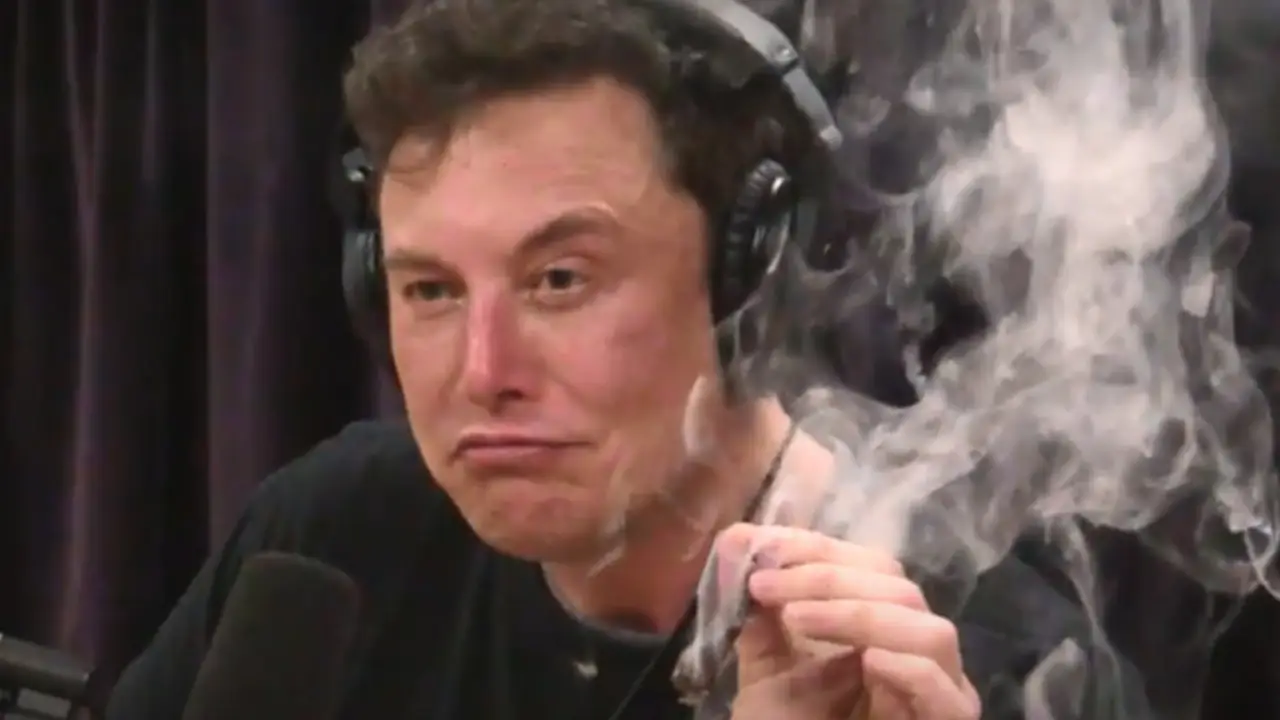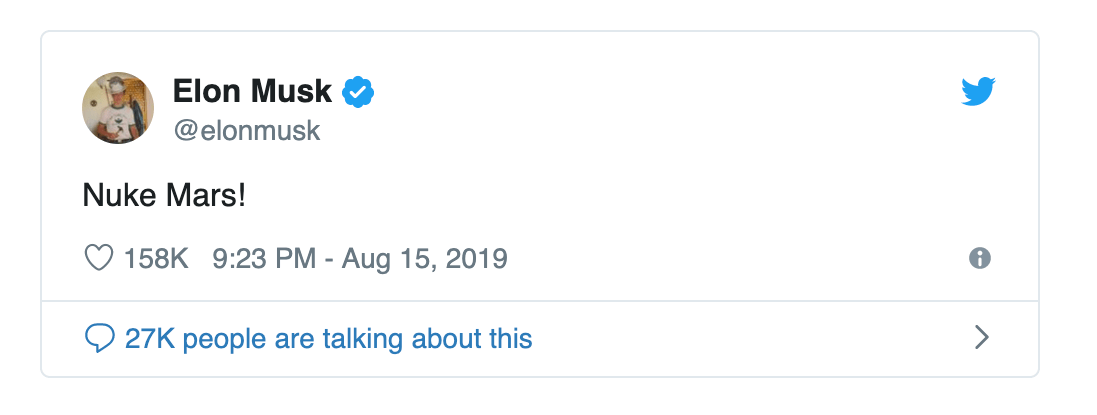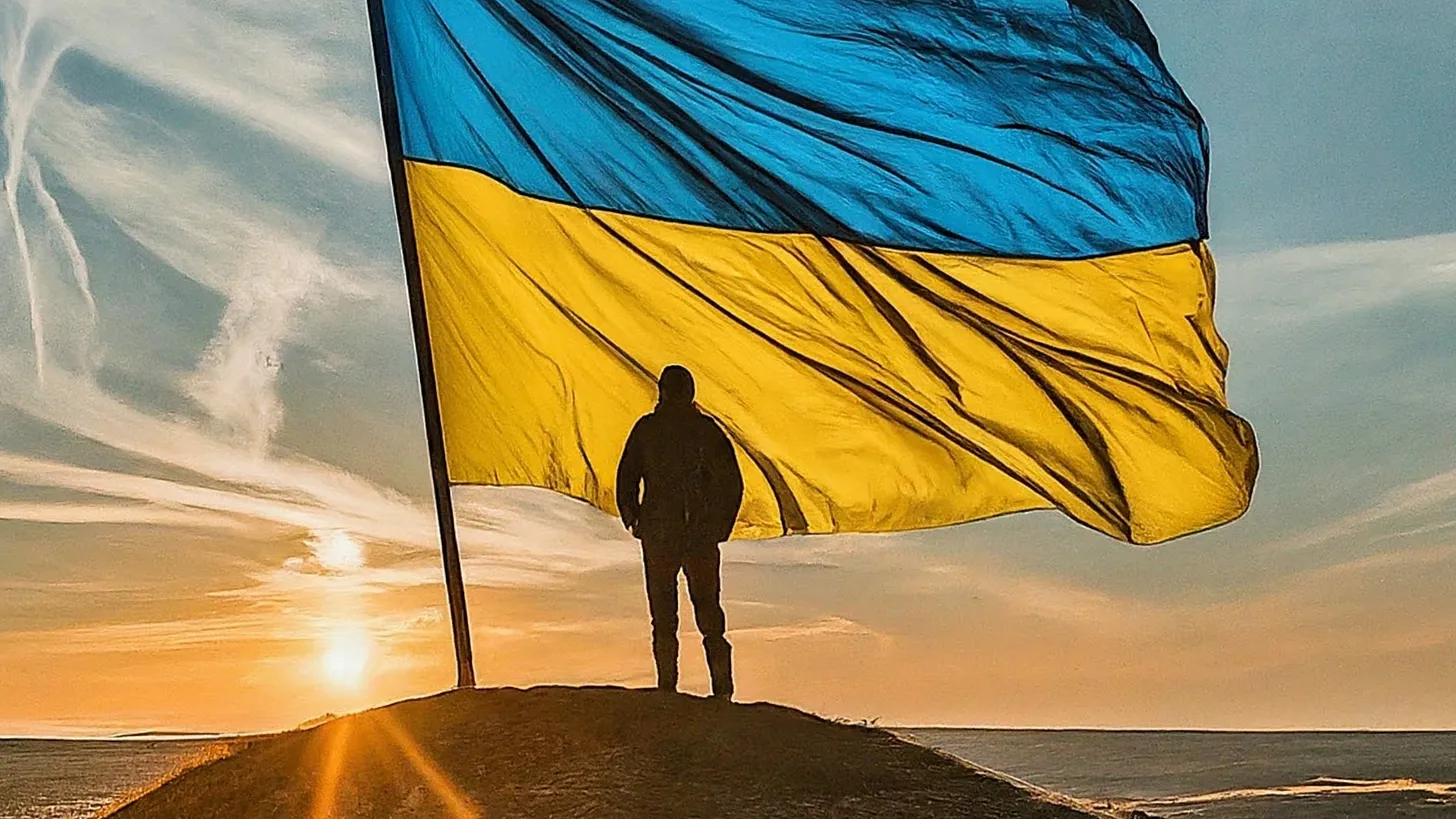Can We Stop Wars?
Written on June 25th, 2024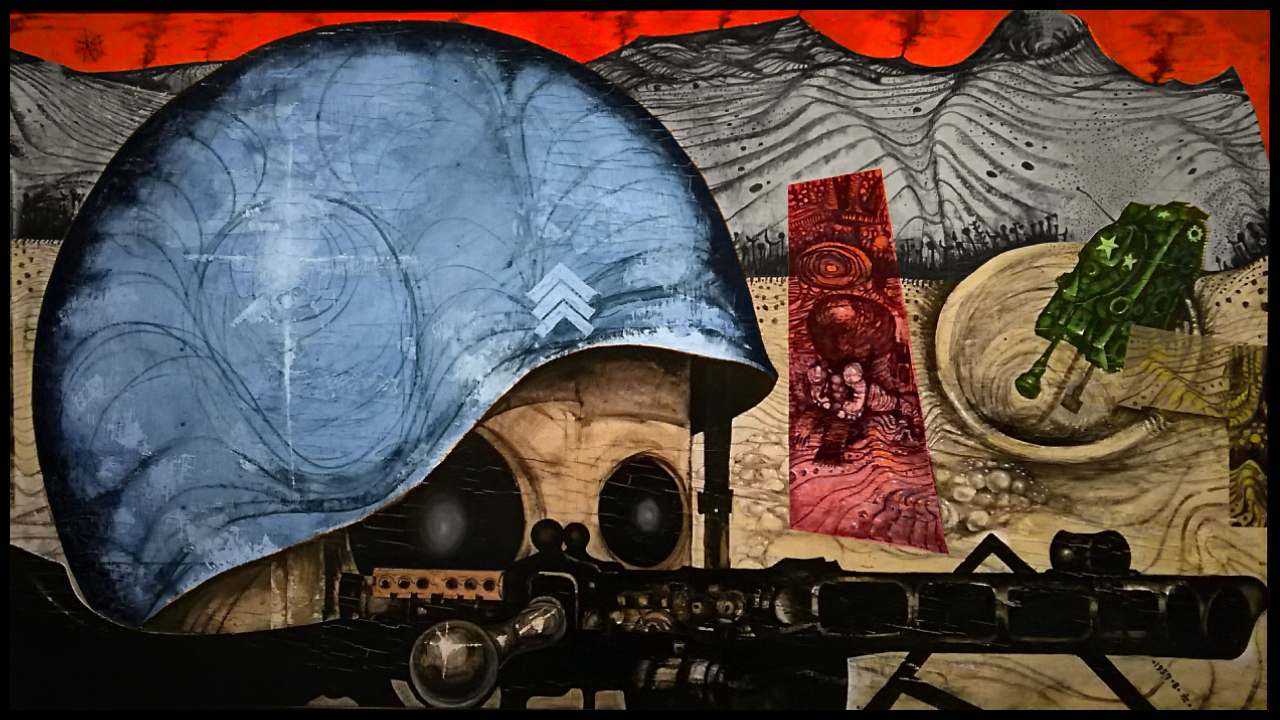
Navigate this page:
- New age, old problems
- Cease hostilities, cease… fire?
- A concrete example
- So, can we stop wars?
- What about preventing wars from happening?
- Overpopulation
- Drugs
- So is there hope at all?
- Can AI be the solution?
- Closing thoughts
New age, old problems
So I went to The National Museum of Modern Art in Tokyo the other day and the painting that has impressed me the most is probably this.
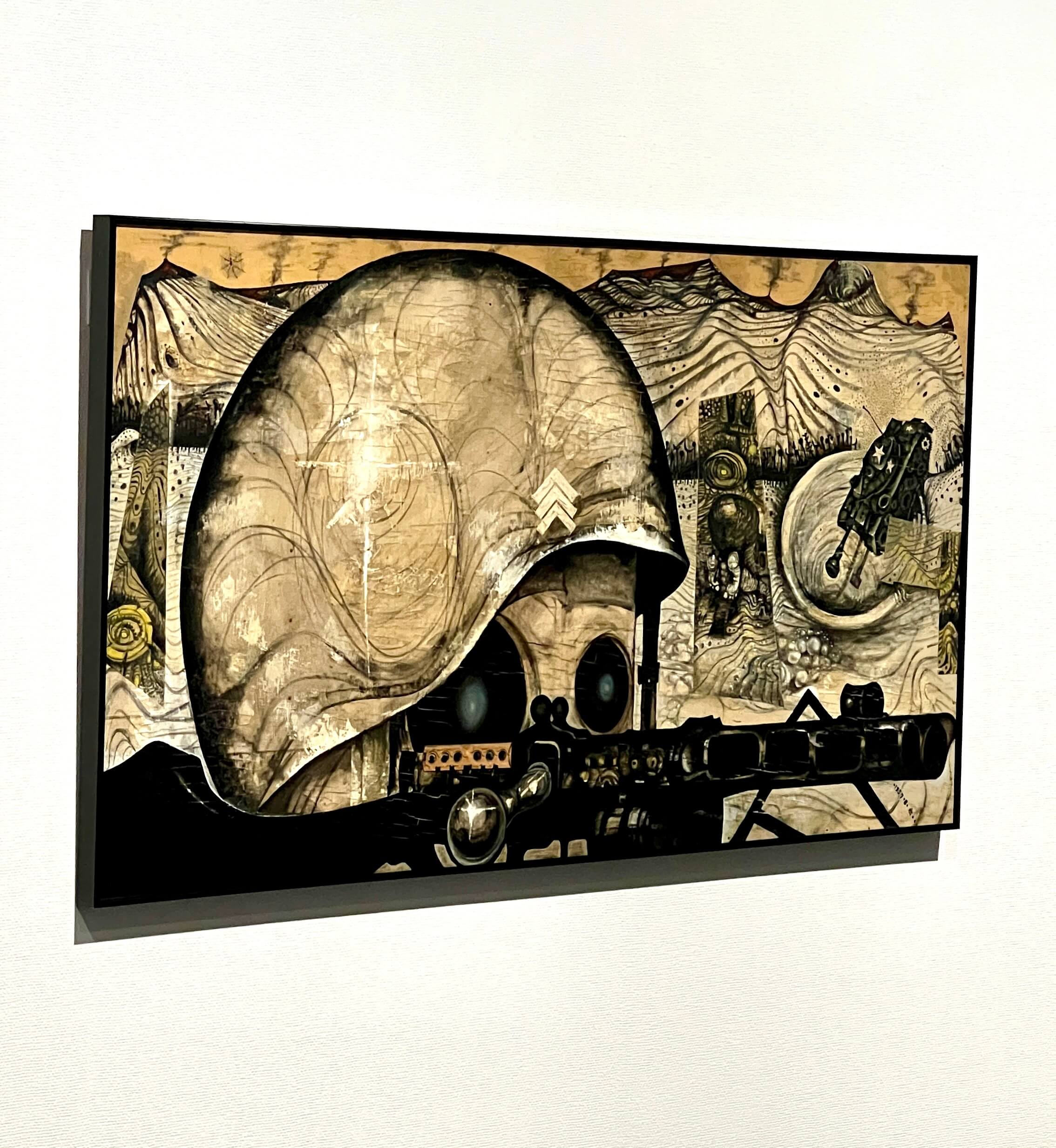 “The Base” by Hiroshi Nakamura
“The Base” by Hiroshi Nakamura
The author made it as a response to an incident at an American military base in Japan in 1957, known as Girard incident.
While the painting is not exactly about war per se, I think the general feeling of the image and emotions it evokes match very well to today’s topic.
As we are well into the 10th year of the Russo-Ukrainian war, and who knows what year of the Palestinian struggle for independence and Israel’s fight for its right to exist, among other ongoing and potentially erupting new conflicts, the question is more pressing than ever: can we stop wars?
 It’s been gloomy times for hopes of world peace lately
It’s been gloomy times for hopes of world peace lately
Yes this is one of the more serious topics, but I feel like we need to talk about it, given we live and… die in very turbulent times.
And, possibly even more worrying, with the boom of the AI and LLM technologies we might soon experience even more, well, turbulence. You know, as it usually happens with the invention of new technologies that can be used for warfare?
But it’s the 21st century, I mean come on, we’re not monkeys in a forest anymore or barbarians with stalinist methods, or… are we?
We have the wisdom of humankind at the reach of our hand in our smartphones. With all the problems we as a civilization face today, like poverty, access to healthcare, and climate change, do we really have nothing better to do than wage wars?
How do we stop wars?
Let’s try to figure this out.
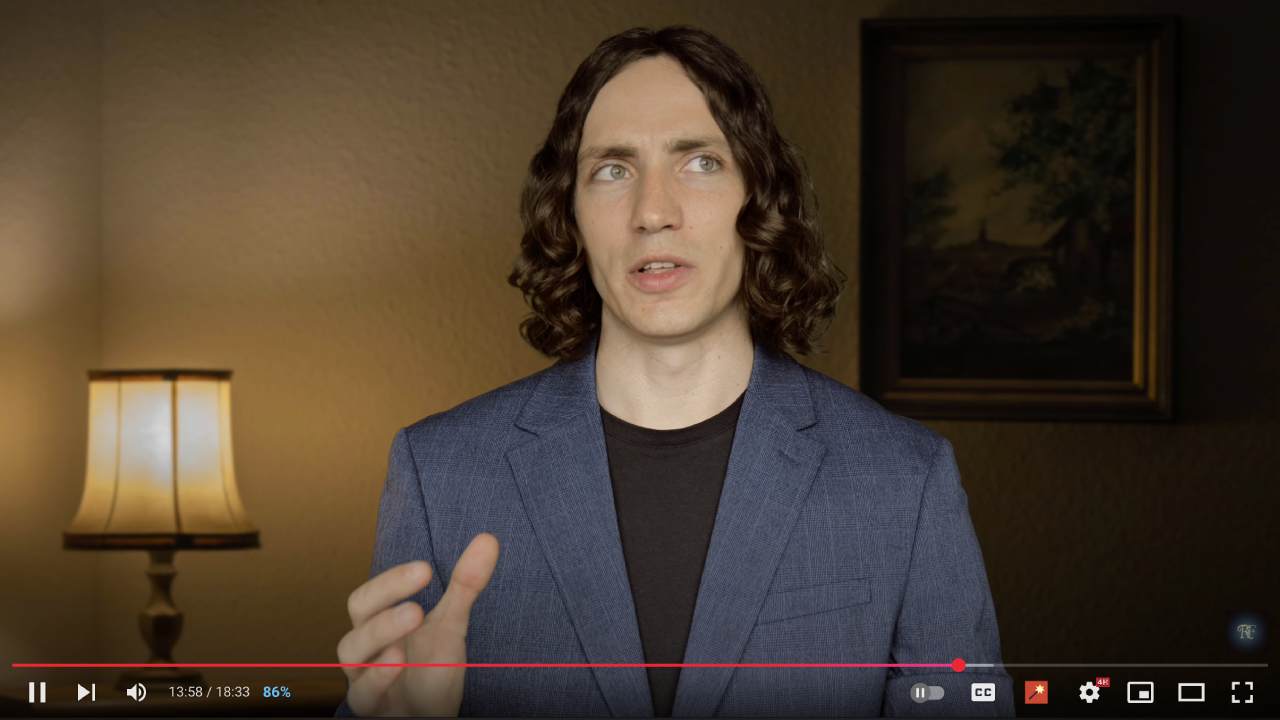 You can keep on reading or check out the video I made on the topic here
You can keep on reading or check out the video I made on the topic here
Cease hostilities, cease… fire?
First off, you can’t just stop a war, let alone all wars. All parties might need to agree to a ceasefire for starters, at the very least even. But any war has to come to its logical conclusion. Otherwise, it will reignite with new force sooner or later.
We see this constantly in examples like the Russian war against Ukraine or the Palestine-Israel conflict, where ceasefire agreements are made only to be broken later.
If a ceasefire, for one reason or another, lasts for a long time without the issue being actually resolved, it’s called a frozen conflict.
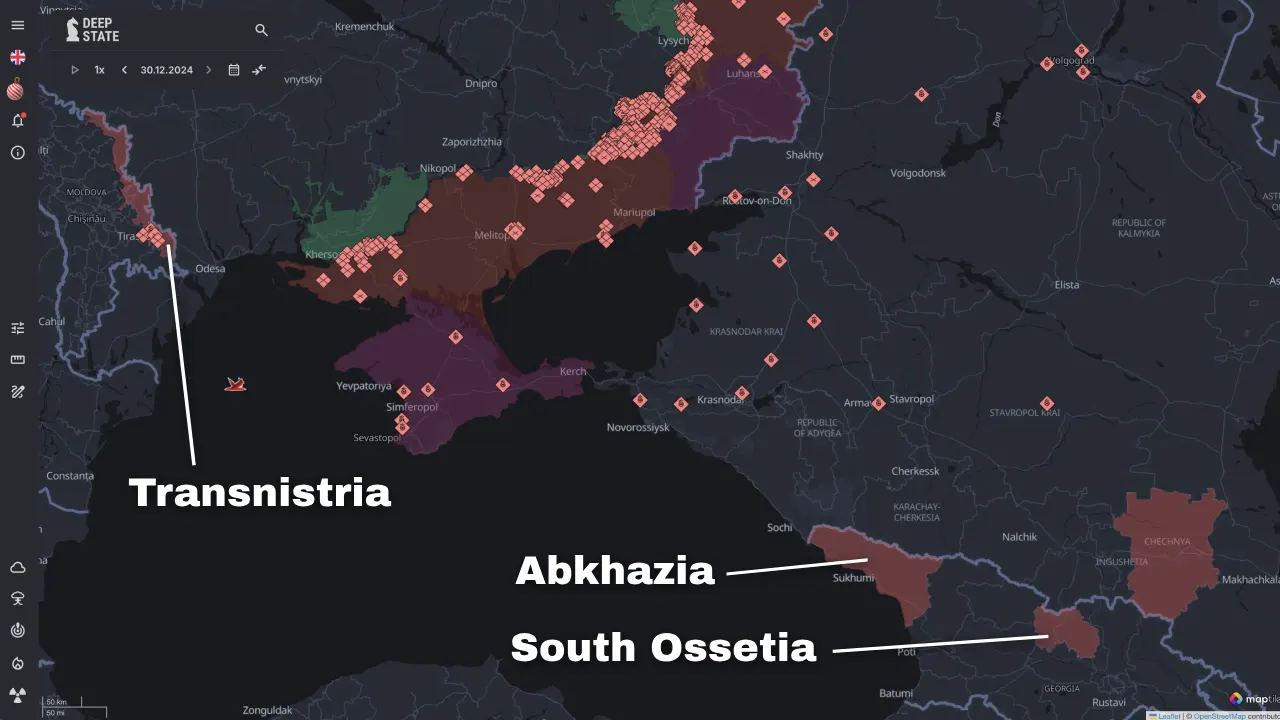 Frozen conflicts in Europe in 2024
Frozen conflicts in Europe in 2024
Frozen conflicts are quite a common occurrence. We see it in the Russian puppet pseudo-state in Transnistria (practically an occupied part of Moldova), as well as Russian-occupied parts of Georgia, the North-South Korea conflict, and even the PRC-ROC conflict - all examples of frozen conflicts.
Oversimplifying, frozen conflicts are about parties waiting for the situation to change, so they can reignite the conflict from a more favorable position or, potentially, take over using soft power.
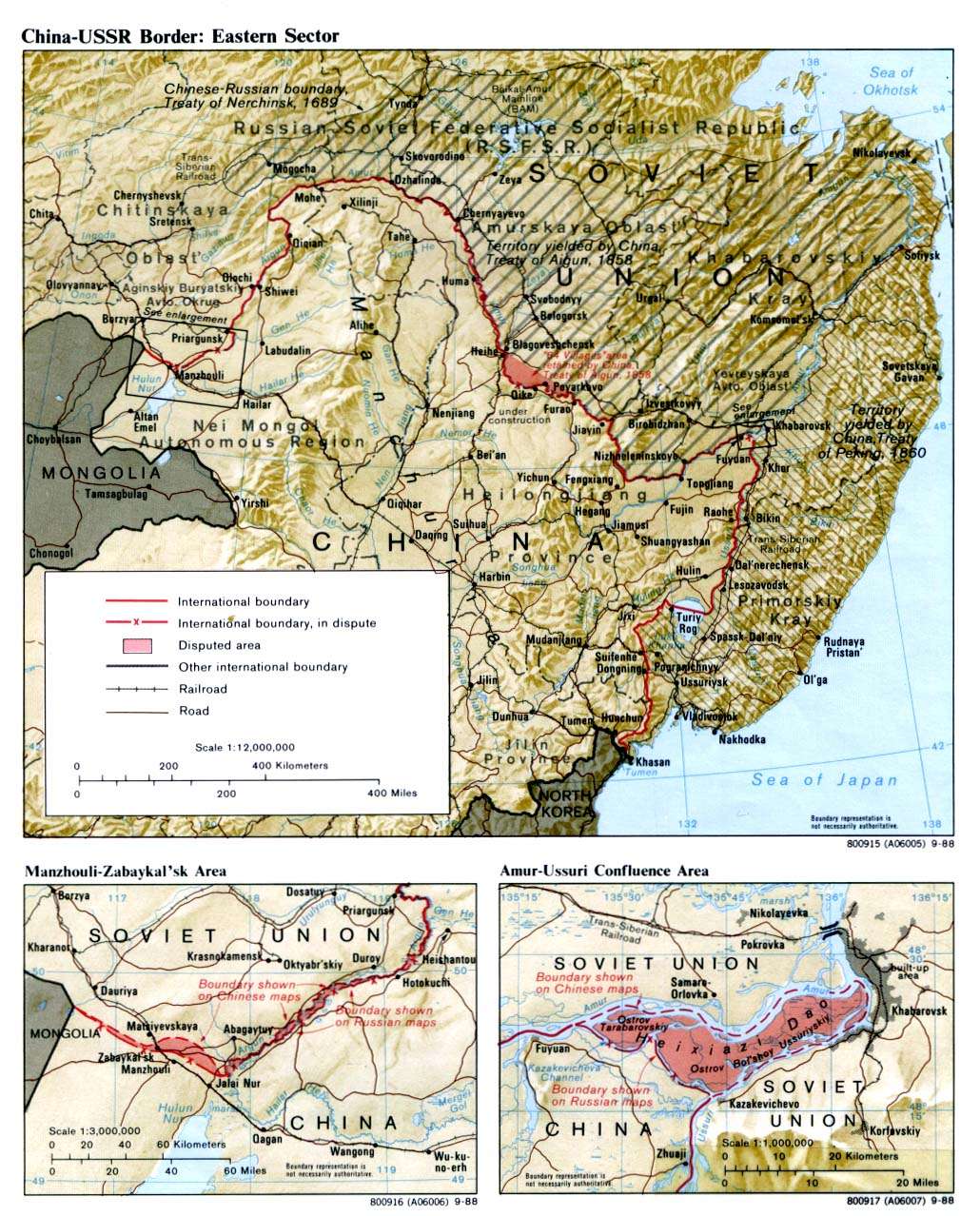 China (PRC) - USSR (later Russia) disputed border
China (PRC) - USSR (later Russia) disputed border
Unless it’s a minor border conflict (by relative scale and number of victims), like the China-Soviet Russia border clashes in 1969, you can’t just give up either. And even in cases like that one, if you do give up, it might have implications in the larger political games that big boys in tight suits like to play.
We can endlessly discuss war in the abstract, but without concrete examples, we won’t get anywhere.
A concrete example
For me personally, war is far from being some abstract concept I can discuss while sitting in the comfort and safety of my warm and cozy Western European or American home. It’s a very real, almost tangible thing my family, friends, and I have to live with.
And while I’m doing quite fine, having left the country shortly after Russia first invaded in 2014, my friends and family were less lucky. Some of them have to literally fight for their own freedom and, by extension, keep the rest of Europe safe… for now.
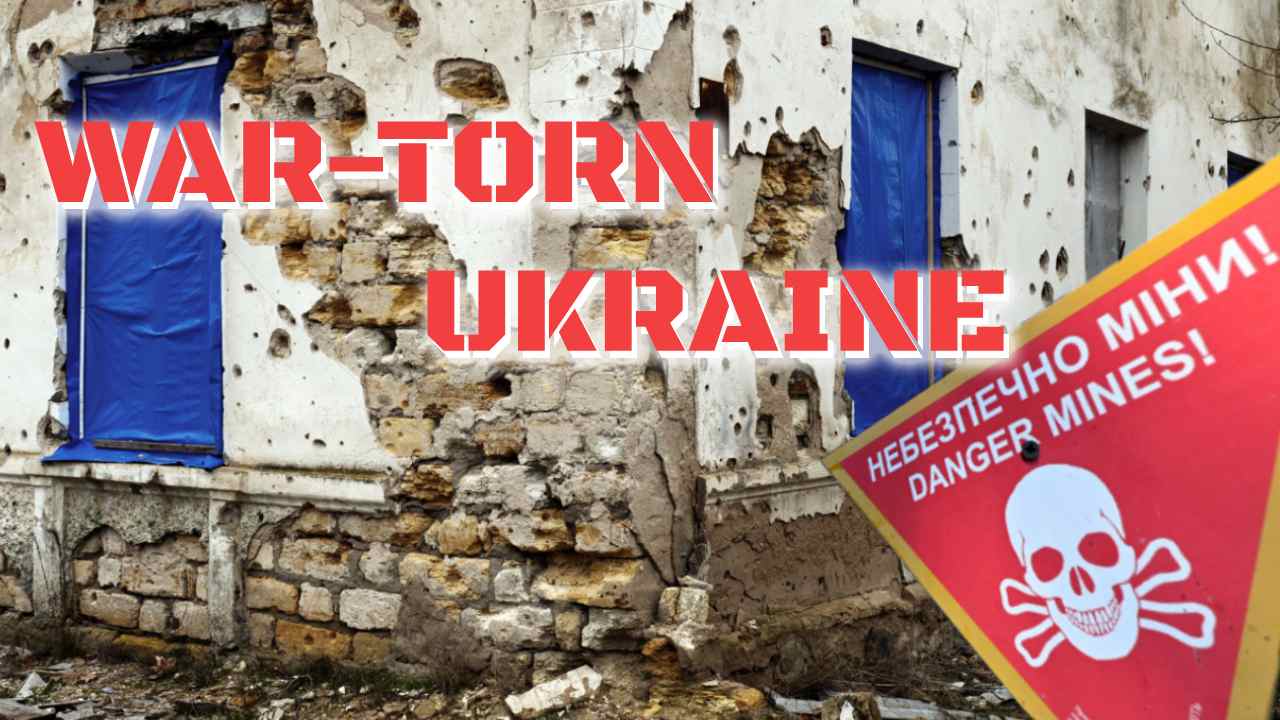 My report from the war-torn Ukraine
My report from the war-torn Ukraine
But if only Ukraine agreed to a ceasefire, wouldn’t there be peace?
In fact, why not just give Russians what they want, stop the bloodshed, and just live peacefully?
You often hear variants of this, mostly from the European left, far right and… some others. Russians call such people useful idiots. In short, naïve people who honestly believe in Russian talking points.
As for why ceasefires don’t really work, let’s look at the ongoing Russo-Ukrainian war.
In early 2014, after the revolution, the Ukrainian state was at its weakest point. The president and his government had fled to Russia. Under pressure from some Western countries, among other factors, the temporary political leadership gave up Crimea to the Russians without a fight.
Did this stop the full-scale war from happening?
Quite the opposite.
Excited by their success in Crimea, which Russians took with little blood of several Ukrainian soldiers, they proceeded to ignite the war in the Eastern regions of Ukraine (Donbass) and tried to do the same in the Southern regions.
I know exactly what I’m talking about because I was there as the events were unfolding before my eyes. I wasn’t just watching it through the prism of the media, as people do these days (it’s almost like a reality show for some). I saw the pro-Russian “demonstrations” being organized in cities like Odesa and my hometown of Mykolaiv.
Of course, there were some locals who truly believed the Russian propaganda being pumped into the brains of Ukrainian citizens via Russian propaganda news channels, TV shows, movies, concerts, and other means. But I also saw some Russians who had arrived in the city, didn’t know the street names, and tried to navigate using public transportation, asking the locals for directions. I can only assume they were being paid to do that, but maybe some were volunteers.
I know this because I witnessed it myself, and heard their very specific Russian dialects. A lot of people speak Russian in Ukraine, but they don’t speak it the way those people did.
As Russians further pretended they were not actually fighting the war in 2014–2015 by cleverly removing insignia from their uniforms and painting over identifying signs, they tried to recruit and coerce as many locals as they could.
Indeed, Russians did not extensively use aviation in Ukrainian airspace outside of Crimea. What they did use though, was MLRS Grad and artillery set up right across the border to shell Ukrainian cities in the East, knowing Ukraine would not dare to respond. However, once the situation looked like Ukraine would regain control in the East, Russians came in with ground reinforcements in volume, forcing Ukraine to a ceasefire. This later came to be known as the Minsk agreements. Everyone understood from the get-go that it was a temporary solution.
And “the ceasefire”, while technically somewhat effective in terms of no big advancements being made by either side, the so-called “contact line” turned into a shooting range where Russians would send their snipers, hell, even TV stars (!) to shoot and train on live Ukrainian targets.
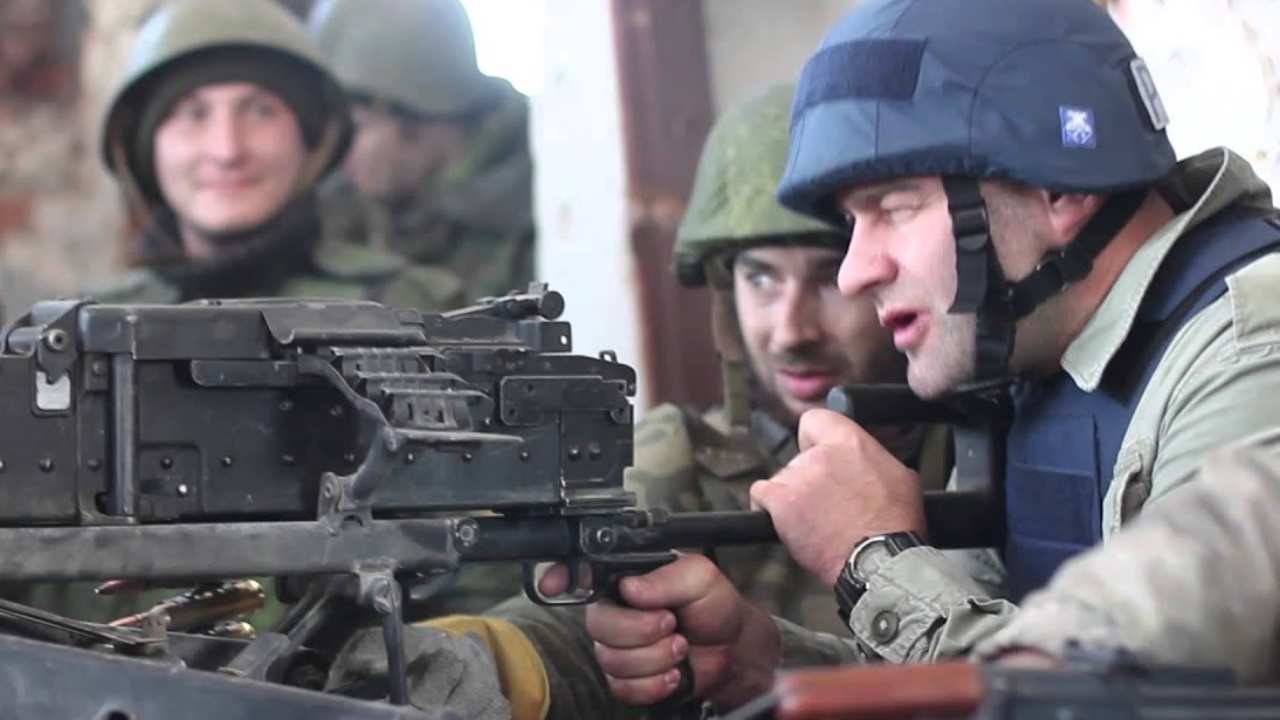 A Russian “TV star” shooting from a real machine gun in Ukraine, 2014
A Russian “TV star” shooting from a real machine gun in Ukraine, 2014
Ukraine did not have resources or political leverage on the international stage to regain the lost territories and save people from Russian occupation. It was also suffering from political fights inside the country, while Russia hoped to use the Minsk agreements as a backdoor to get Russian assets into the Ukrainian parliament and government to gain control over all of Ukraine.
So, no matter how many times bots, “independent thinkers”, self-proclaimed “libertarians”, and other useful idiots tell you that the West must abandon Ukraine and that it must negotiate a ceasefire with Russia, what is their intention? And what would that negotiation going to look like?
Russia is the aggressor, and the only thing they are willing to negotiate is how much land they are going to get to satisfy them, for now. There have been countless attempts at ceasefires since 2014, and Russians have never respected them. All the while, the civilian population of the eastern regions suffered the most. The very same people Russians claimed they were “protecting.”
It’s not that ceasefires can’t be good for anything at all.
They might be a useful tool for a specific purpose, like the evacuation of civilians or what Russians are trying to achieve these days: getting rearmed and their military back in shape to attack with new force later.
And yet, despite their constant lies and their favorite tactics of throwing out a lot of false “theories” that all require time and effort to debunk, a lot of people still believe them and take everything they say at face value. Even if such people don’t believe Russians, they see the United States as the evil empire that only provokes and starts wars. Which, I’m not saying it doesn’t, by the way: they got into a lot of wars they shouldn’t have.
But if you see the United States and its politics (modern imperialism, if you will) as your enemy, it doesn’t mean Russia is your friend.
These very same people who are so appalled by American imperialism often fail to see the imperial ambitions of Russians, even though Russians openly state these ambitions all the time, everywhere from state TV in prime time to social media and private conversations.
A ceasefire, or rather an armistice, kind of worked for North Korea, though, didn’t it? Largely because of unique circumstances back in the day, like the death of Stalin and the US not willing to go “all in” in Korea after years of war in the Pacific and Europe.
But hey, look how it turned out for Koreans, everyone on the peninsula is doing so well and prospering, right? If you have been living under a rock, North Korea, one of the most closed societies on the planet, is still struggling to feed the population these days.
In more complicated conflicts where it’s even less black and white. Take the war in Syria, for example.
It has seen so many parties involved, a lot of them hating each other in the worst way possible. I’ve counted at least 4 biggest sides of the war in Syria, and that’s only those actively fighting. Likely there are more actors involved. If it’s hard to get two parties to talk, how do you get at least four to sit down and agree on something, let alone ceasefire?
In Israel and Palestine, ceasefires are even less likely to work. This is due to the nature of their borders, or lack thereof. History, culture, religion, and everything else are intertwined. There’s also a simple lack of incentives, especially for the radical groups and people hungry for power.
So, can we stop wars?
So we can’t “stop a war” with a ceasefire, not realistically at least, how can we “stop a war” like this then?
The right way to stop such a war would be to make sure the aggressor loses the war. This would allow ensuring the regime change, setting up a system of checks, ideally under international control, so similar attempts don’t happen in the future.
So how do we do that?
The world doesn’t know a better mechanism yet than a military defeat.
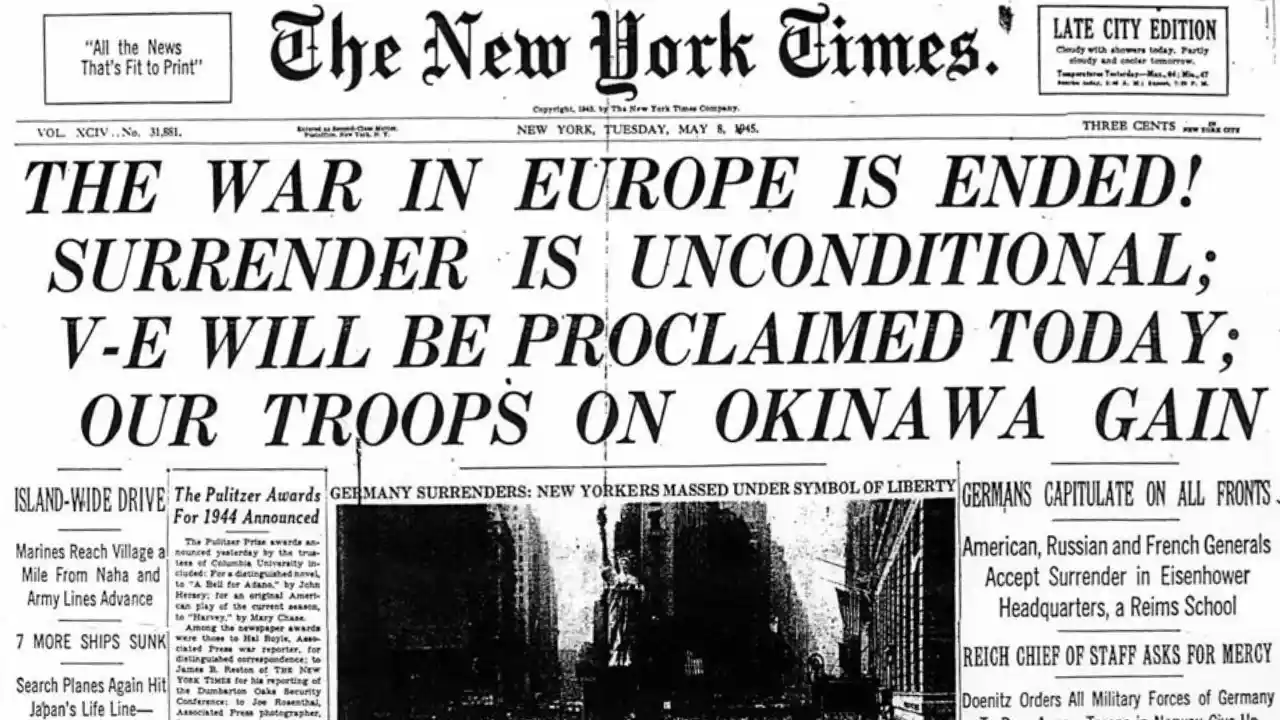 Perpetrators must be defeated and punished
Perpetrators must be defeated and punished
What about preventing wars from happening?
So, then, how do we prevent future wars?
If wars are just a part of, or one of the ways of doing politics, surely we can “do politics” by other means, without resorting to war and violence?
Well… I’m not quite sure about that.
Turning to evolutionary sciences, some argue maybe it’s men. Driven by instincts to maximize reproduction, they compete violently for mates and, by extension, new territories. This is about subconscious desire for more sexual partners, which manifested itself clearly in the past, like conquering and taking women captive. Such is the argument.
I think… While if you look at the macro level, violence against women still happens in war, but it’s hard for me to imagine it’s a factor for starting new wars, let alone it being a main factor.
Usually, there are many things involved, like money (hello, it’s always about money), staying in power (hello, Putin), some personal issues, traumas or a personal or societal feeling of greatness…
But more so, I think it’s just in our blood.
I like to describe it like this. Imagine our planet as a petri dish, you know, the thing for growing or testing bacteria?
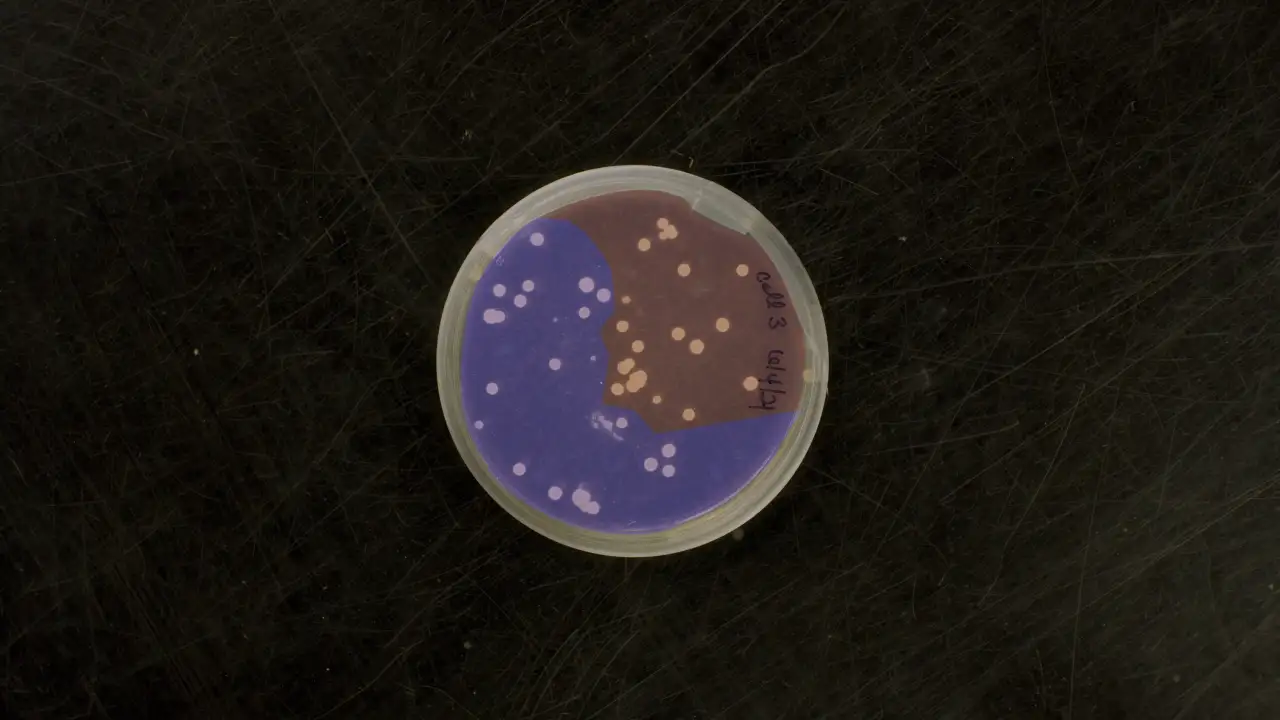 Much like the Free World vs Tyranny, eh?
Much like the Free World vs Tyranny, eh?
When there is enough space and food, two different kinds of bacteria can grow along and coexist peacefully, but as space and/or food becomes scarce, well, guess what happens?
They will compete for resources.
Usually, the more “aggressive” type, meaning the one that reproduces faster or produces antibiotics, is going to “win”.
So, while some argue including more women in leadership can promote peace, you know, because of their alleged evolutionary focus on raising offspring leads them to prioritize stability and lessens the drive for violent conflict…
I say: yea, even if it worked, even then how do you do that?
Ban all men from all positions of power?
That’s not gonna work, because they still might be influencing politics, even if not taking positions directly. It’s not a historically viable solution either, there were some female leaders and some prominent too, it didn’t lead to less war.
Besides, in utopian examples like this, people tend to forget one important thing. What do you do about that other side that still wants to destroy you, hm?
Overpopulation
…is a word a lot of people don’t like to hear, especially politicians and corporations. And while it’s a big topic on its own, let’s talk more about it some other time, I consider it a big factor for wars.
You might say, but hey, there’s plenty of space, we can fit a couple more billinos easily!
We sure could, but would you wanna live in a world like that? Russia has plenty of territory, but nobody really wonts to live in remote underdeveloped regions with cold climate.
So, if we want to prevent future wars we might wanna tackle this one, I believe.
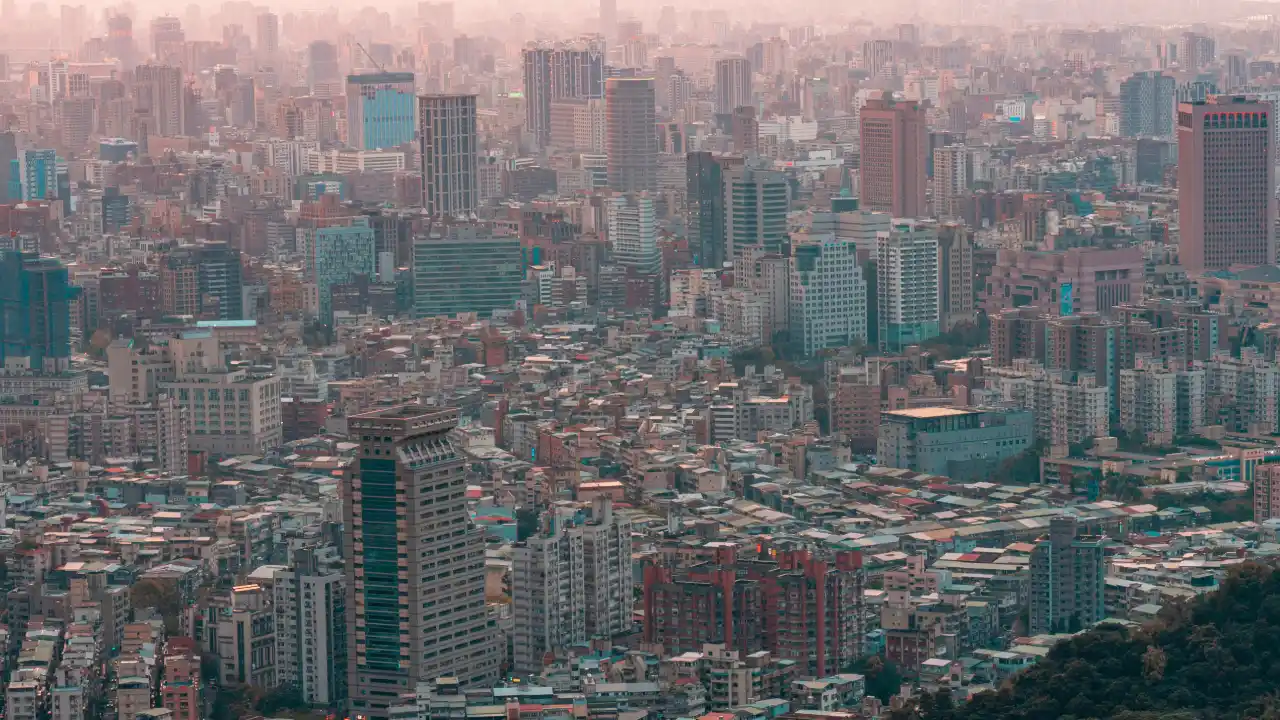 Is this the way people want to live?
Is this the way people want to live?
Drugs
But before long-term solutions like population growth control comes around, what can we do?
Drugs (lol)?
There is a documentary called The Sunshine Makers, where one guy from the “Brotherhood of Eternal Love” wanted to drug the entire world with acid. As in 100% of the population. Starting with the United States.
Well, that didn’t work out.
Besides, how do we know dictators like Putin are not on drugs already? We are all different. Some substance that makes one person a hippie might make another person a maniac.
Just look at Mr. Musk and where his trips with ketamine are taking him.
So is there hope at all?
It’s a part of a bigger struggle of how we select (elect) smart and wise leaders to lead our nations.
Should there be nation-states in the first place? How do we improve life across the globe and stop treating the symptoms, like accepting refugees in Europe instead of fixing the problem and improve the situation in the places people escape from?
My favorite example is: what if an alien civilization visits us tomorrow?
Let’s imagine they would be more intelligent than us and, for the sake of argument, let’s say they would be not something like super-intelligence, just creatures that got their shit together. What do we have to say and show to them?
Yes, we built a couple of space telescopes and… thousands of cruise ships? We got an amazing thing called the Internet and ChatGPT, and we surely use it for… well… Generating what exactly?
Do we, as a civilization, even have anyone to talk to the alien civilization? Who’s it gonna be? That UN dude? Wow, and he decides what and is responsible for what exactly?
But yeah, let’s say we pick the two most powerful officials on the planet at the time. And a couple of actually intelligent and educated people to back them up. Like, you know, scientists and psychologists-sociologists, that ideally also know a thing or two outside of their fields… and oh yeah, that can do more than just wave hands like dictators tend to and fall down like certain elderly individuals.
What are these representatives going to say to this intelligent life form from another planet?
“Yeah, well, we got this thing going on…”
Cool. But what’s the plan, Joe?
“But hey, we’re planning to reduce gas emissions by 0.00001 percent. Maybe. In 50 years or so, if we don’t die. Hey, but the other guys have to do it first!”
I’m not even talking about like a somewhat long-term development plan for our civilization. What about just strategic management for the next 10 years?
We can’t even ban ducking single-use plastic bags. After visiting Japan and other Asian countries, I’m still in shock how much plastic is being used to wrap a single banana there, which… Why the duck does it even need a plastic wrap in the first place? Sheesh. What are we talking about if we can’t even figure out this simple problem?
The biggest success I’ve seen so far in this sense is that we’ve solved the disappearing ozone layer problem.
Well done, but what about all these other problems?!
 Is there hope? People in Ukraine say “yes”
Is there hope? People in Ukraine say “yes”
Can AI be the solution?
Honestly, I think it’s more likely bad actors will use it in their interest with evil intent and make things much worse, way before general artificial intelligence can save us all.
There is only one scenario where I see it could realistically work. And that would involve some kind of fascist-like regime, with artificial intelligence, a real AGI, not chatGPT, basically controlling us, humans.
But looking at how we as humans have been handling things, might be not the worst case scenario for us, really.
But what are the chances?
 General Artificial Intelligence running on quantum computers
General Artificial Intelligence running on quantum computers
Closing thoughts
In conclusion: I don’t have a solution, I’m not claiming to be an expert on the topic either, I’m just some dude on the internet anyway.
But hey, can we at least try to elect smarter politicians?
And if there are none - what about bringing someone forward?
Sure, in some places you have to play power and manipulation games to do it.
In other places, like Russia, peaceful change of regime will not work at all.
And in complicated conflicts and places like Palestine, well… I would really love to see more people like Mohammed Darawshe come forward and be highlighted by the media instead of the radical elements currently in power. Politicians with moderate views need to be elected on both sides to be able negotiate peace and coexistence.
Otherwise it would take a completely radical spin, like redrawing the maps of Germany and Poland after the World War 2, in order to stop and prevent future violence. In that case it included resettling millions of people too.
As for Ukraine, I will keep doing my little part in whatever way I can, to make sure the rule-based world, the fragile somewhat-working, somewhat-peace we built in Europe after WW2 is restored. And so that there is less incentive for others to start new wars.
We don’t have a better alternative yet.
You can do your little part by joining or donating to organizations like the Colors of Hope charity foundation. You can learn about the work they do here.

